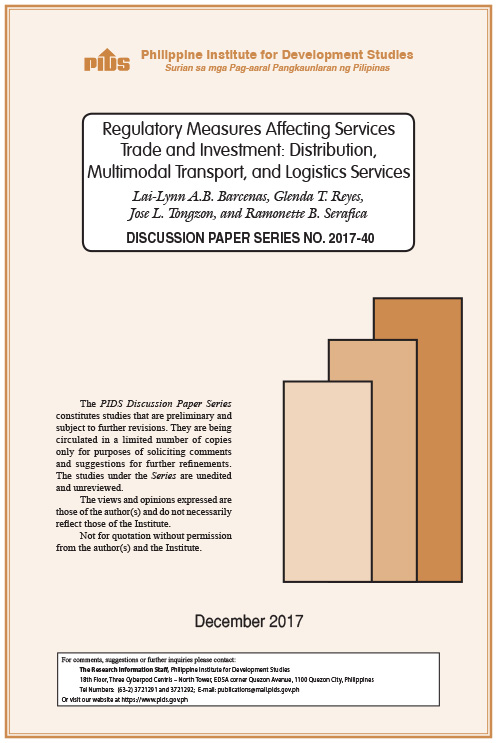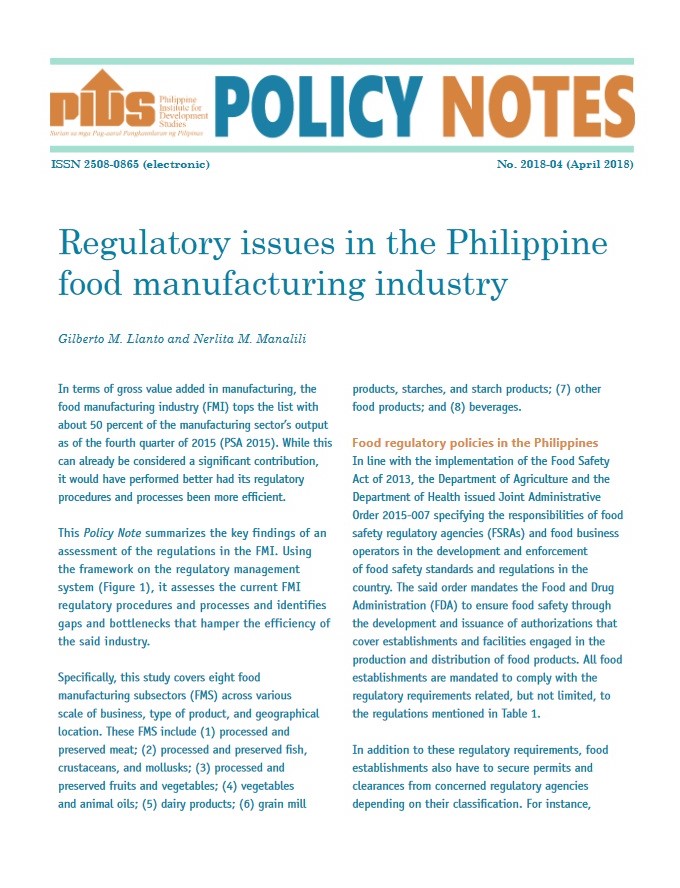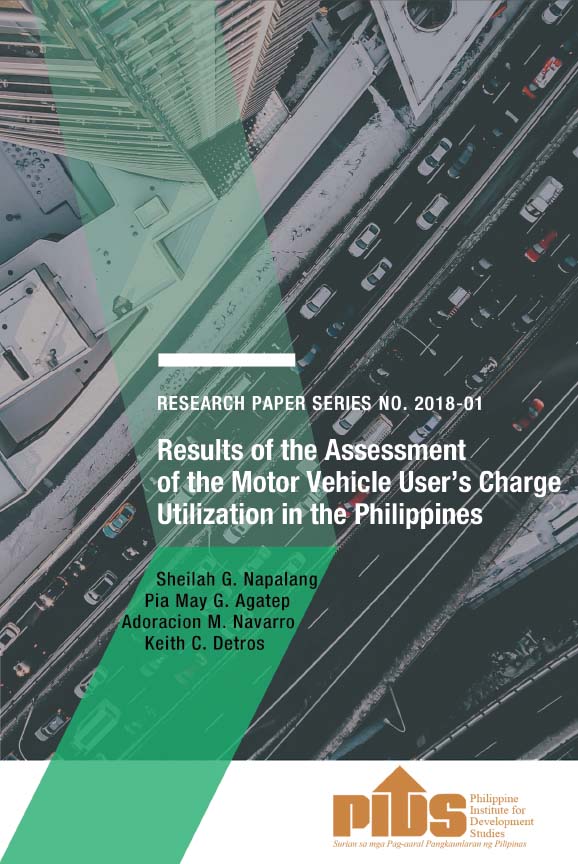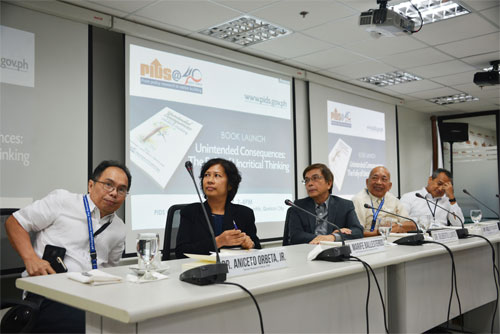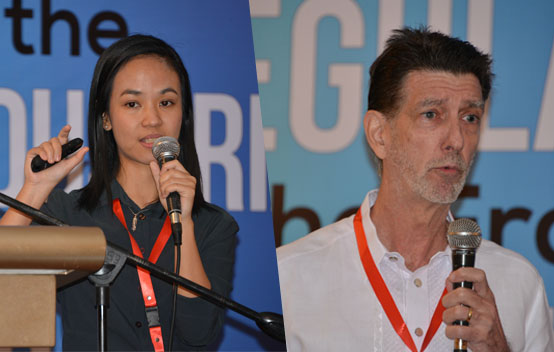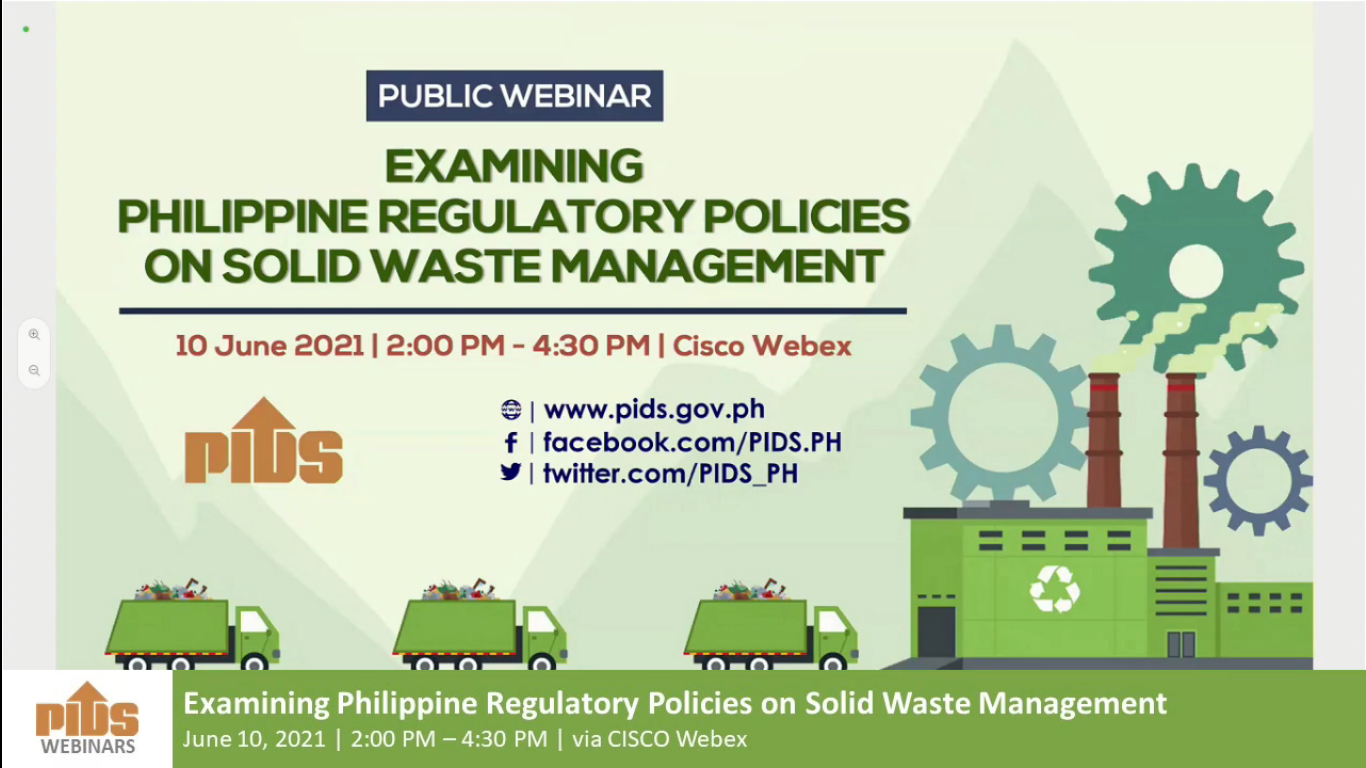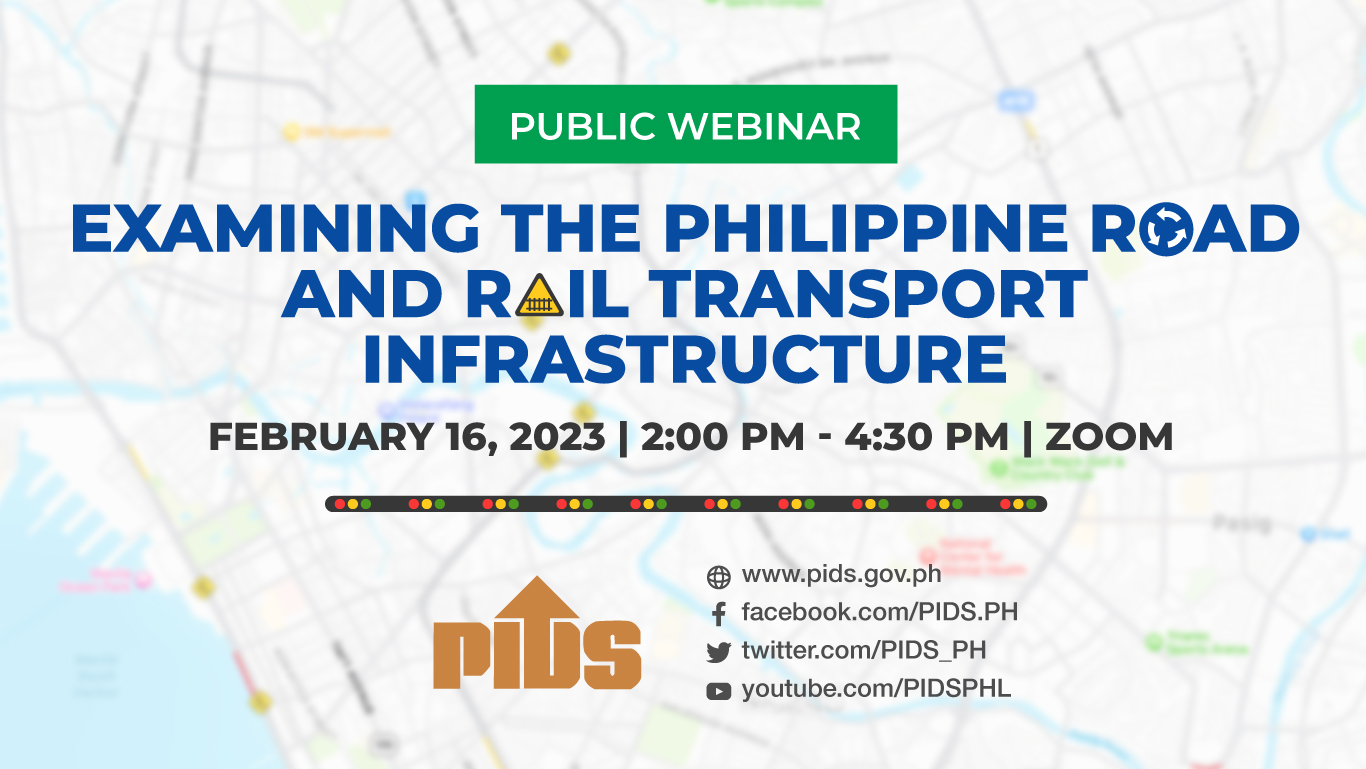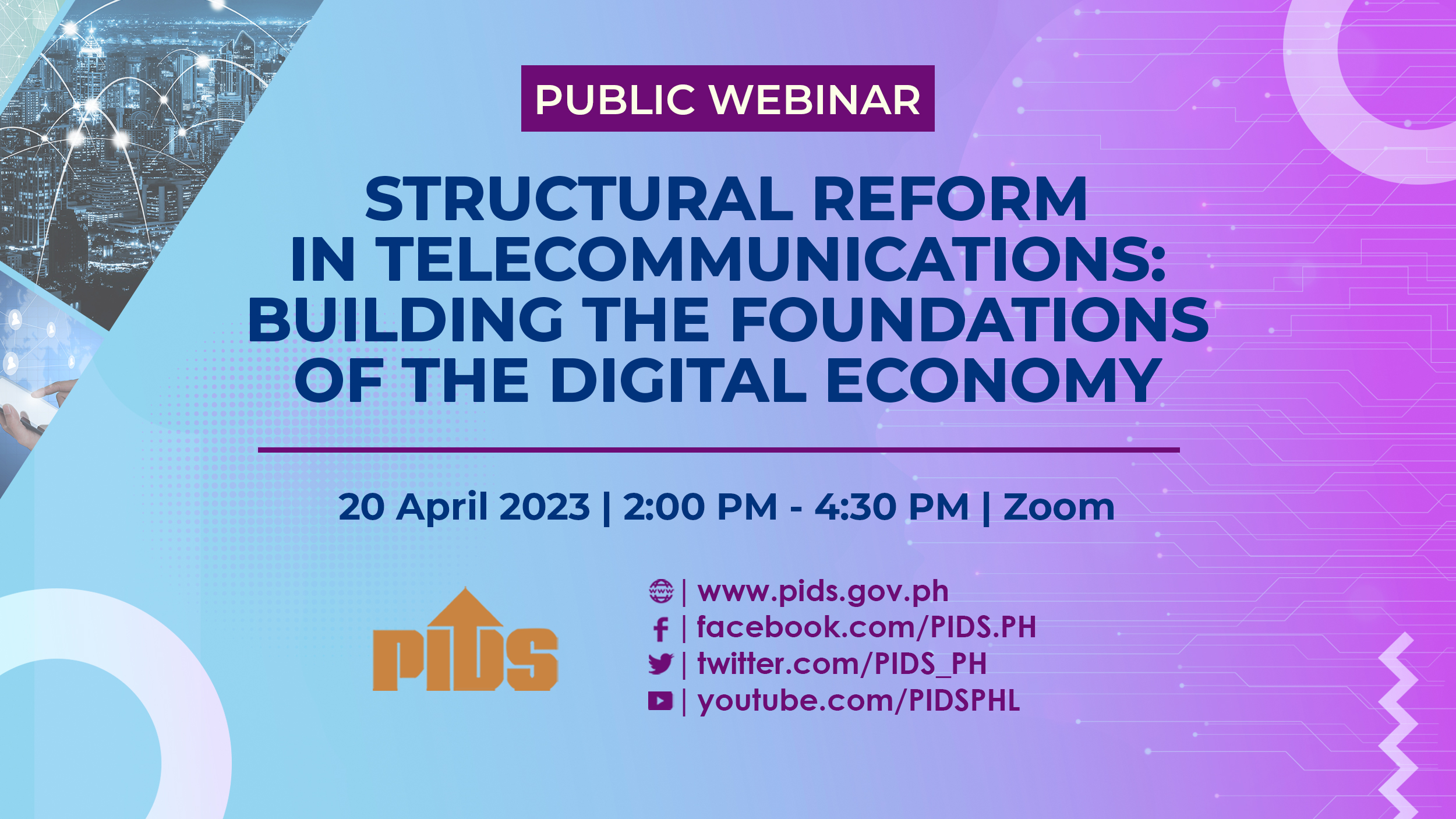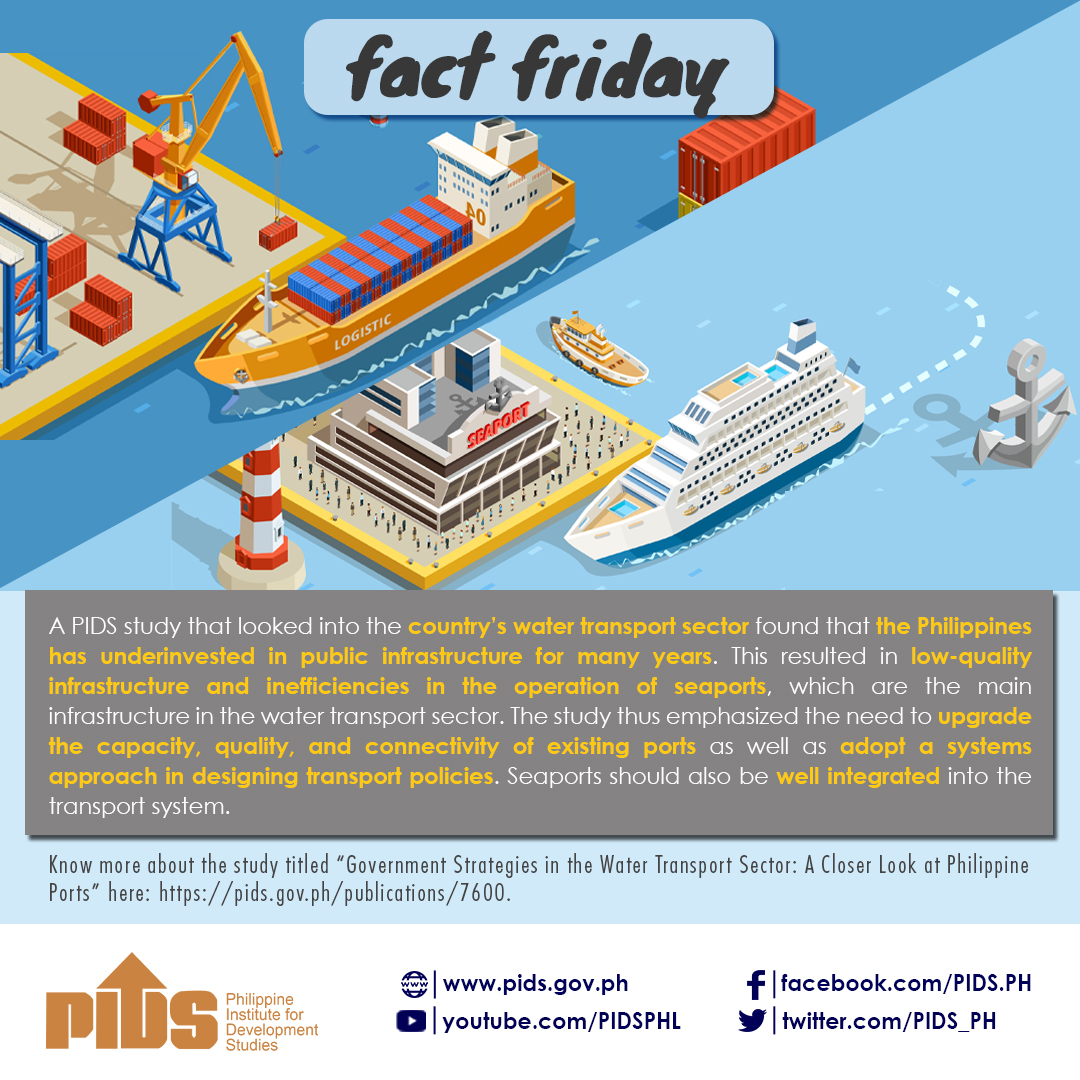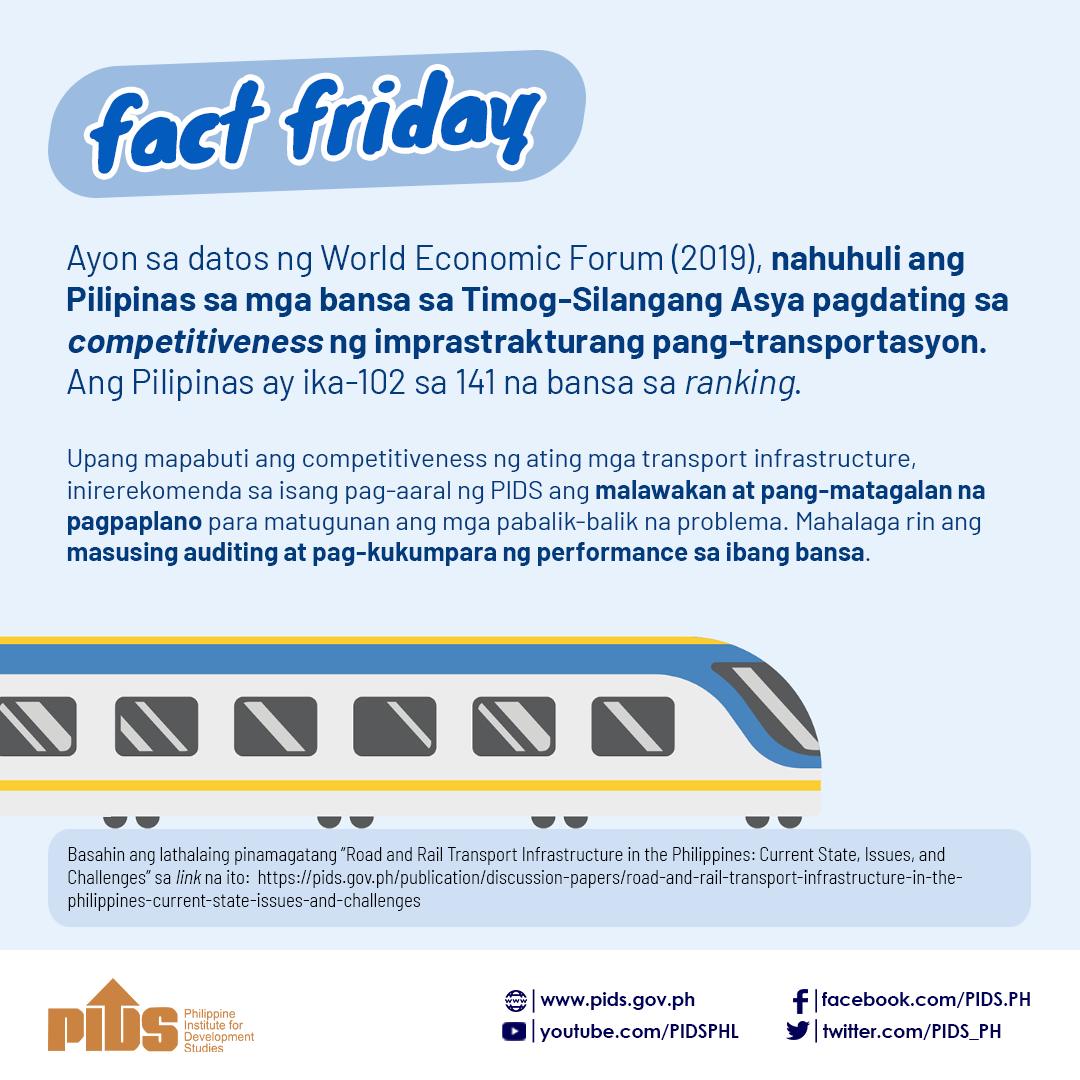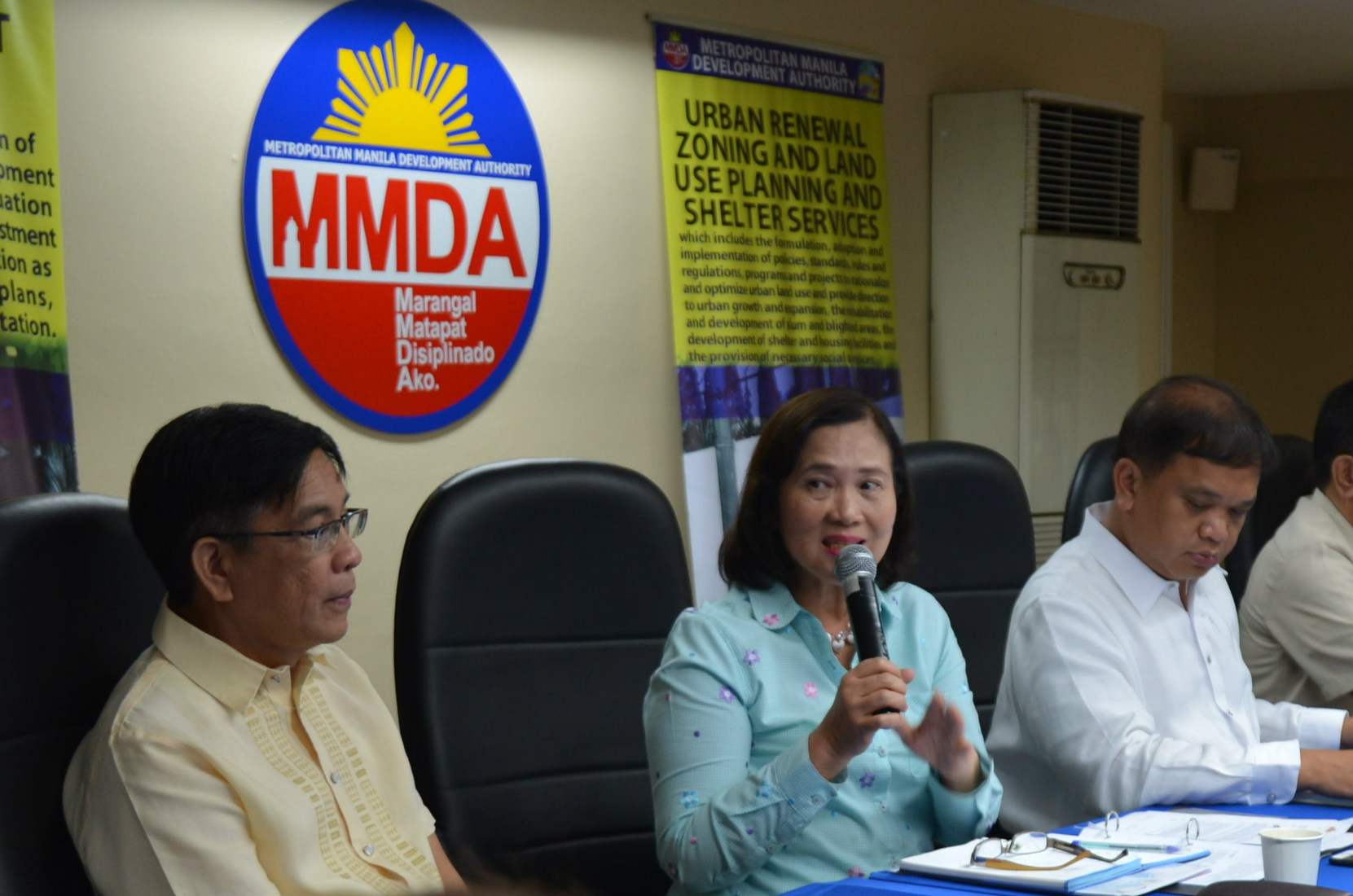
In response to the invitation of the Metropolitan Manila Development Authority (MMDA), Philippine Institute for Development Studies President Dr. Gilberto Llanto delivered a lecture on the regulatory management system (RMS) on October 26 before its officials and staff. RMS was this year’s Development Policy Research Month theme.
Llanto emphasized that it is critical to talk about regulation reforms and regulatory quality measures in anticipation of the upcoming integration of the Association of Southeast Asian Nations.
He encouraged the MMDA's leaders to consider applying regulatory tools like regulatory impact statement and regulatory impact assessment to improve their planning and regulatory designs. A genuine answer to public criticisms would be to improve MMDA's policies and regulations by relying on evidence-based research, he said. If policies are well studied, they are less likely to be arbitrary and faulty.
The officials at the MMDA welcomed the recommendation of Llanto and expressed interest in working together with PIDS to undertake research and review of their regulations. Llanto praised MMDA for their responsiveness, and went as far as saying that EDSA's woes shouldn’t be blamed solely on the regulatory body.
Currently, he says, the analysis of traffic in Metro Manila remains severely limited, with an overemphasis on what the traffic engineers can do and too little attention on the factors way beyond their control, such as population and infrastructure. A more indepth and broader understanding would require coordination between the MMDA and other national agencies to generate a more comprehensive response. ###
If you wish to learn more about the regulatory management system, you may access Dr. Llanto's study here or access related articles and presentations at the Development Policy Research Month website's presentations section.
Llanto emphasized that it is critical to talk about regulation reforms and regulatory quality measures in anticipation of the upcoming integration of the Association of Southeast Asian Nations.
He encouraged the MMDA's leaders to consider applying regulatory tools like regulatory impact statement and regulatory impact assessment to improve their planning and regulatory designs. A genuine answer to public criticisms would be to improve MMDA's policies and regulations by relying on evidence-based research, he said. If policies are well studied, they are less likely to be arbitrary and faulty.
The officials at the MMDA welcomed the recommendation of Llanto and expressed interest in working together with PIDS to undertake research and review of their regulations. Llanto praised MMDA for their responsiveness, and went as far as saying that EDSA's woes shouldn’t be blamed solely on the regulatory body.
Currently, he says, the analysis of traffic in Metro Manila remains severely limited, with an overemphasis on what the traffic engineers can do and too little attention on the factors way beyond their control, such as population and infrastructure. A more indepth and broader understanding would require coordination between the MMDA and other national agencies to generate a more comprehensive response. ###
If you wish to learn more about the regulatory management system, you may access Dr. Llanto's study here or access related articles and presentations at the Development Policy Research Month website's presentations section.

